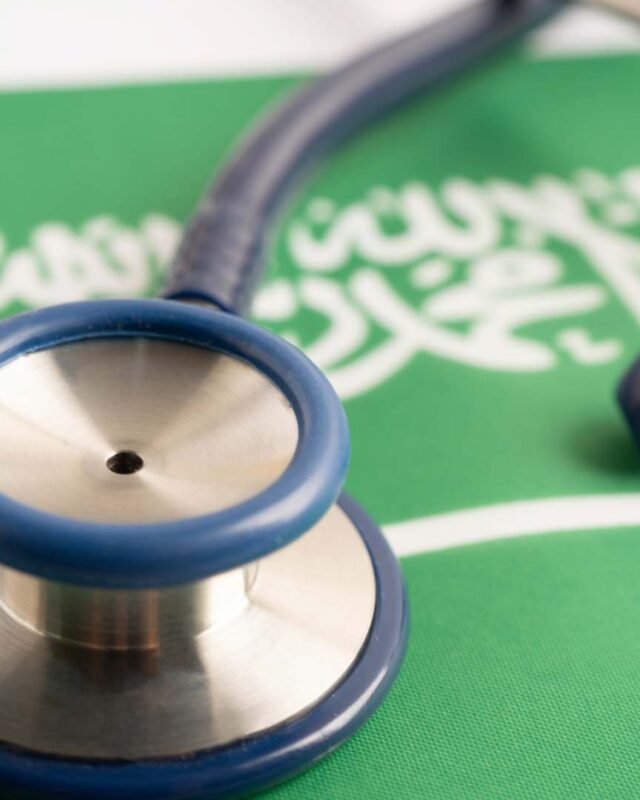Overview
Saudi Arabia’s ambitious Vision 2030 is not only transforming its economy but also revolutionizing its healthcare sector. A key component of this transformation is significant Healthcare Infrastructure Investment aimed at modernizing and expanding the country’s healthcare facilities. With a focus on enhancing healthcare delivery and accessibility, these investments are poised to have a profound impact on the well-being of Saudi citizens and the overall efficiency of the healthcare system.
The Role of Healthcare Infrastructure Investment
The Saudi Arabian Government has allocated over $65 billion to develop the country’s healthcare infrastructure. This massive investment underscores the importance of creating a robust healthcare system capable of meeting the growing needs of the population. Healthcare infrastructure investment is crucial for several reasons:
- Capacity Building: The expansion and modernization of hospitals, clinics, and specialized healthcare centers are essential to accommodate the increasing demand for healthcare services. As the population grows and ages, the need for more beds, advanced medical equipment, and specialized care facilities becomes more pressing.
- Improving Access to Healthcare: Investments in healthcare infrastructure are focused on increasing the accessibility of healthcare services across the Kingdom. The establishment of health clusters, which are integrated networks of healthcare providers, ensures that even remote and underserved areas have access to high-quality medical care.
- Enhancing Healthcare Quality: By upgrading existing facilities and building new ones, Saudi Arabia aims to improve the quality of healthcare services. Modern infrastructure, equipped with the latest medical technologies, allows for better diagnosis, treatment, and patient care, ultimately leading to improved health outcomes.
- Supporting Privatization Efforts: As part of Vision 2030, Saudi Arabia is pursuing the privatization of its healthcare sector. The Healthcare Infrastructure Investment is a critical enabler of this initiative, as it provides the necessary foundation for private companies to enter and operate in the healthcare market. The government’s goal is to increase private sector contribution from 40 percent to 65 percent by 2030, which will be facilitated by the ongoing development of healthcare infrastructure.
Major Healthcare Projects and Their Impact
Several key projects are driving Saudi Arabia’s healthcare infrastructure development:
- Health Clusters: The Ministry of Health has launched two major health clusters in Riyadh, with plans to establish 21 more across the country. Each cluster will serve approximately one million people, providing a comprehensive range of healthcare services within a single network. This initiative is expected to improve coordination among healthcare providers and streamline patient care, resulting in more efficient and effective healthcare delivery.
- Digital Health Infrastructure: The government has allocated $1.5 billion for healthcare IT and digital transformation programs, including the expansion of telemedicine and the establishment of Seha Virtual Hospital. These investments in digital infrastructure are essential for improving access to care, particularly in remote areas, and for enhancing the overall efficiency of the healthcare system.
- Specialty Clinics and Ambulatory Care Centers: The development of specialty clinics and ambulatory care centers is another key focus of Saudi Arabia’s healthcare infrastructure investment. These facilities are critical for providing specialized care in areas such as oncology, gynecology, and cosmetic surgery, and they are expected to play a significant role in the country’s healthcare system as it moves toward greater privatization.

Anticipated Impact on Healthcare Delivery
The ongoing Healthcare Infrastructure Investment in Saudi Arabia is set to transform the delivery of healthcare services across the country. The expansion and modernization of healthcare facilities will not only improve access to care but also enhance the quality of services provided. By supporting the government’s privatization efforts, these investments will create new opportunities for private sector involvement, leading to a more dynamic and competitive healthcare market.
In the long term, these investments are expected to result in a healthier population, reduced healthcare costs, and a more resilient healthcare system capable of adapting to future challenges. As Saudi Arabia continues to invest in its healthcare infrastructure, the benefits will be felt not only by its citizens but also by the broader healthcare industry.




